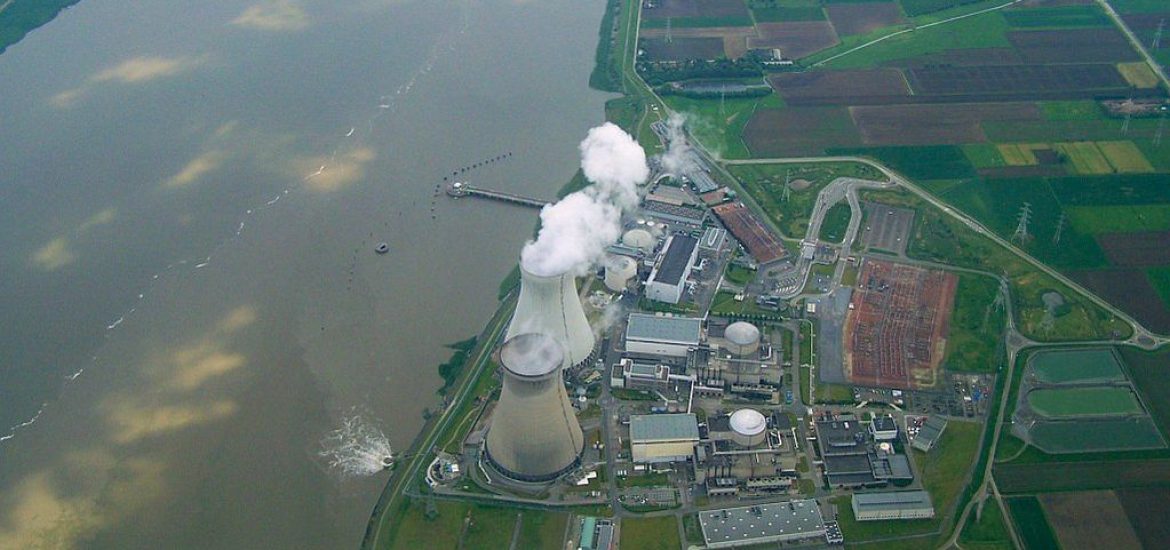
Belgium has approved an energy pact to phase out nuclear power between 2022 and 2025.
The federal government signed off on the agreement that will see the seven Belgian nuclear reactors closed as part of a package of measures.
The energy strategy was agreed in December by Belgium’s four energy ministers, at federal, Brussels, Walloon and Flemish levels.
The Doel (pictured) and Tihange plants will be closed and more investment will be pumped into renewable energy capacity building, including offshore wind farms.
The federal strategy, the government said, aimed to ensure security of supply, respect the 2015 Paris climate agreement, maintain affordable energy for consumers and prioritise safety.
Belgium generates about 40 per cent of its power needs from nuclear and it ranks fourth globally behind France, Slovakia and Ukraine in terms of the highest reliance on nuclear.
“To achieve the very ambitious climate goals, we need all the solutions existing today: nuclear energy, like renewables, produces very few CO2 emissions,” said Belgium’s trade body Forum Nucléaire. “As a carbon-free energy source, nuclear enables Belgium to ensure its security of electricity supply, maintain a stable price for energy and move towards its climate objectives. Nuclear energy will enable the energy transition.”
Belgium is behind in hitting its 2020 renewable energy target of 13 per cent with Eurostat putting the figure at 8.7 per cent.
And there are questions about Belgium’s ability to meet demand.
In May 2016, the International Energy Agency (IEA) reported that Belgium’s policy to phase out the use of nuclear energy by 2025 “does not help Belgium meet any of its energy policy goals”.
It said: “A rapid phase-out … would have a significant impact on energy supply, on the level of electricity prices and on the country’s ability to meet its long-term GHG emission targets … The government should reconsider the current phase-out policy and opt for a more gradual approach. A better option would be to allow nuclear power plants to run as long as the regulator considers them safe. The IEA recommends the government to simply avoid a phase-out as it is currently envisaged.”
The energy pact also confirmed that the country would adopt a national energy strategy for 2030 by next year.
According to the World Nuclear Association, the reactors in operation at Doel and Tihange are licensed until late 2025 with both ageing and suffering from safety concerns.
Micro-cracks were found in reactors at both sites in 2013 and were closed until 2015. Activists complained when their licences were extended until 2025.
Under the Nuclear Energy Strategy radiation-neutralising iodine tablets were made available to every resident.
The power stations near the Dutch and German borders, complicated regional relations.
Doel. Picture credit: Wikimedia





